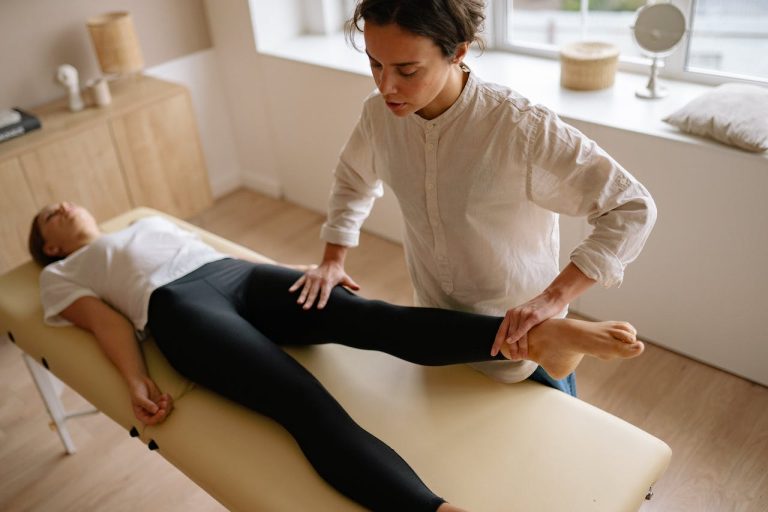We can do everything possible in life to ensure that we are following healthy routines and doing everything we can, but sometimes there are things in life that completely come out of nowhere. Hair loss is one of those things that can be very upsetting and confusing, especially to women. And it’s important to remember that you’re not alone. In fact, in the UK hair loss can affect over 8 million women. There are different types of hair loss; some caused by genetics, some caused by stress, and too much vitamin A or Alopecia are other common causes. But what can we do to deal with hair loss?
Hair Loss Treatments
There are many supplements like Finasteride available on the market, and while it can help to address the physical aspect of hair loss, you need to find out everything you can and the treatment options that are available to you. When it comes to female pattern baldness, hair lotion containing Minoxidil has shown a number of improvements. When it comes to hair loss treatments, it’s always important to contact your doctor or a dermatologist for advice. Because a lot of hair loss does not need treatment and could be temporary or just a normal part of getting older. And if hair loss is causing you distress, medical treatments are one approach that you can try.
Joining a Support Group
Many people find solace in support groups around the world. Women with Alopecia can find their nearest support group and start going to meetings because it’s not just a way to find the best coping methods with other people who are going through the same thing, but it’s a place of complete acceptance. It’s something that only women who have gone through this can recognise. Because it seems to be such a rare thing, having someone there who really understands what you’re going through can help you to understand your emotions but also give you the tools to deal with them better. It can be an emotionally distressing time, especially if it’s come out of nowhere. But people all have their own unique stories to tell and there can be people who have been through complete distress leading up to their hair loss. It’s always important to take inspiration from others.
Cover Up
A lot of women opt to wear extensions and wigs as a way to disguise hair loss. In the UK, if you’ve lost more than 50% of your hair and it’s via treatment for conditions such as Alopecia areata or chemotherapy, you might be eligible for a wig via the NHS. Many women were frustrated in finding the right wigs or hair extensions. Some prefer not to cover up at all and it’s naturally down to your preference, but when it comes to finding a wig you’ve got to persevere until you find the right style that suits you. There are numerous wig providers out there that can help you find the right one within your budget.
Having Patience
For women who have undergone hair loss almost overnight, being patient is not normally the advice they’d like to hear. Hair loss in women is often a temporary thing, but regrowth can take a long time, sometimes years. It’s also important to note that when hair grows back, it could be a different colour and texture to what it was. Learning how to be patient through practices such as meditation and even talking therapies can help you gain a different perspective on events. We can feel desperate because we’ve lost our hair and it’s been the key to who we are; this is when we start to be taken in by claims for miracle cures. The fact is that there’s no miracle cure out there, and if your hair loss is temporary you’ve got to trust and believe that it will take its time.
Accepting It
It is not an easy thing, but coming to terms with hair loss is something that can give you a whole new lease of life. Because we can feel that our hair is the source of all our powers, the reality is that we need to refocus our energies on celebrating the rest of our personality, because it’s not just about the hair, even though it feels like it. When it comes to hair loss, it’s one of the most sensitive subjects for many. And as women, we can feel incredibly self-conscious. But when we learn to love ourselves more, this is going to be the key to self-acceptance and getting through this.




